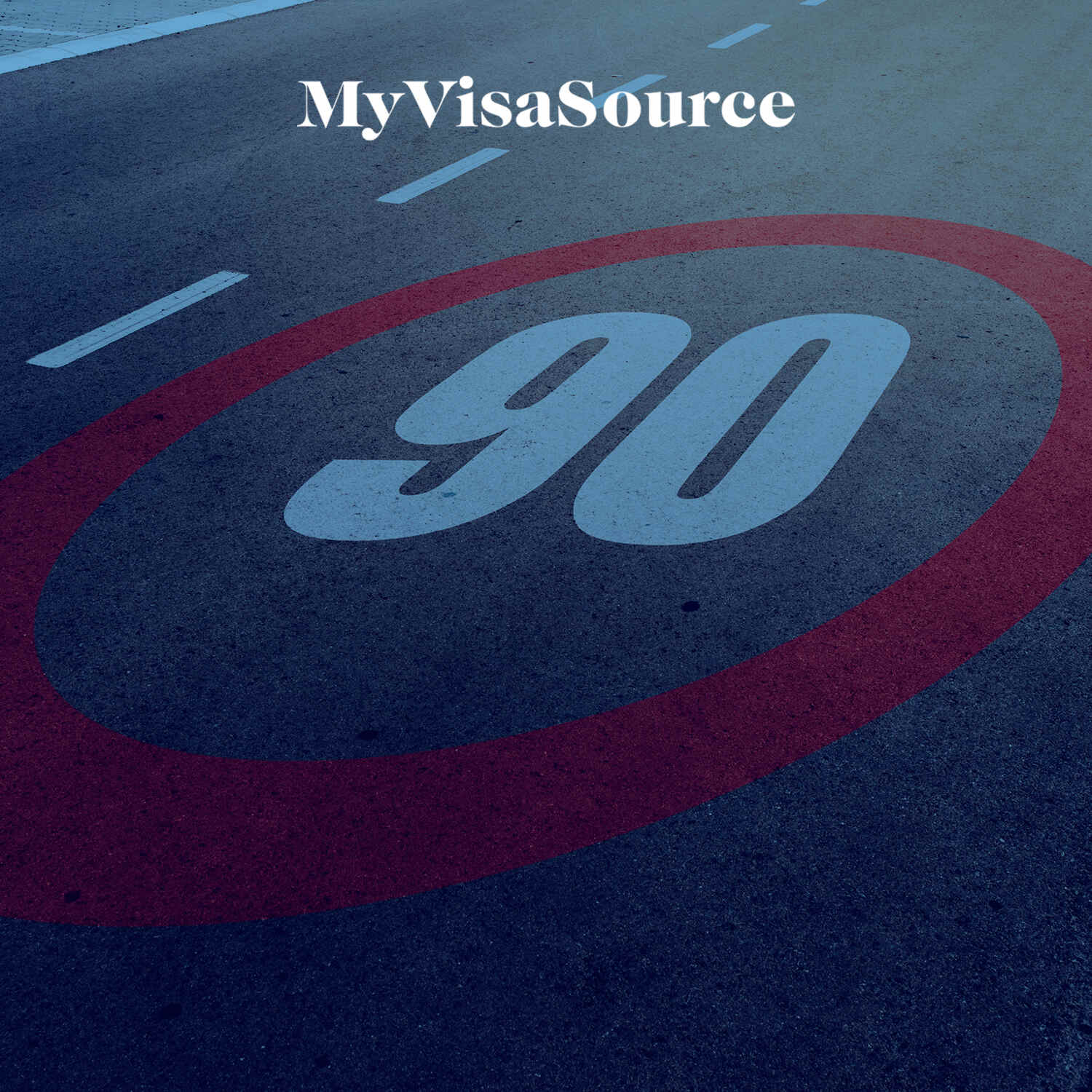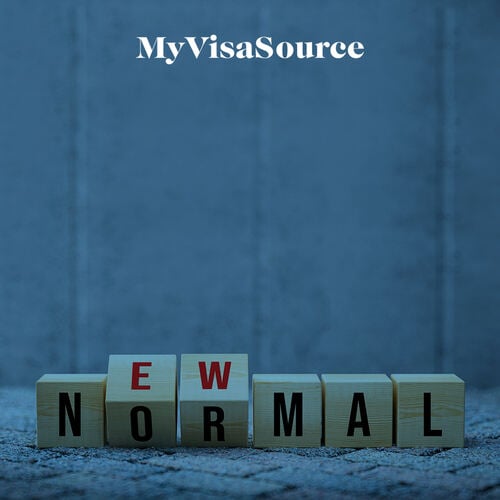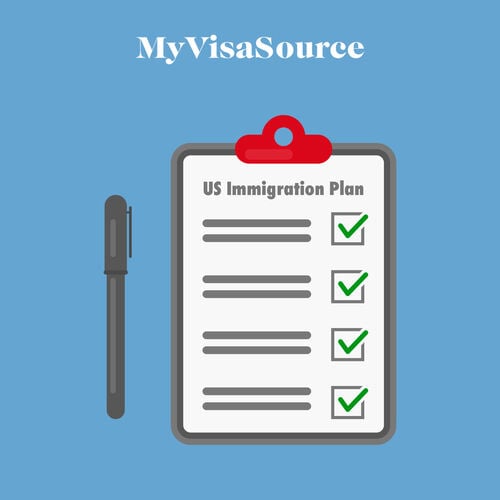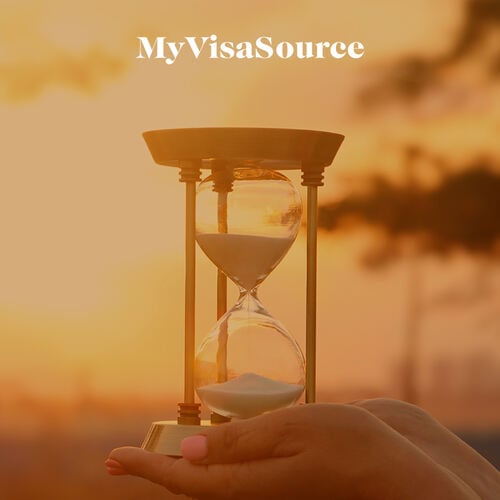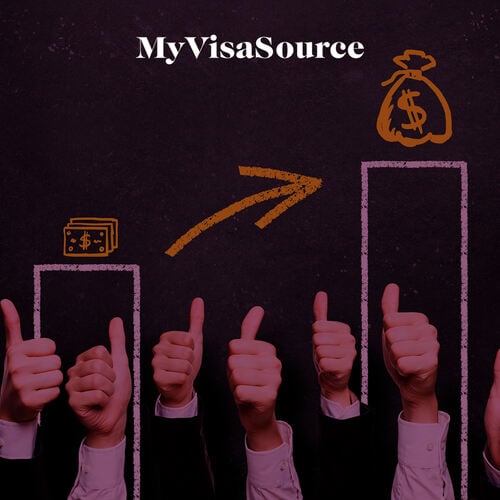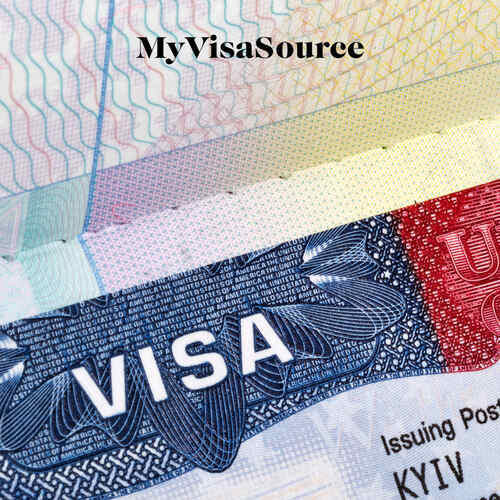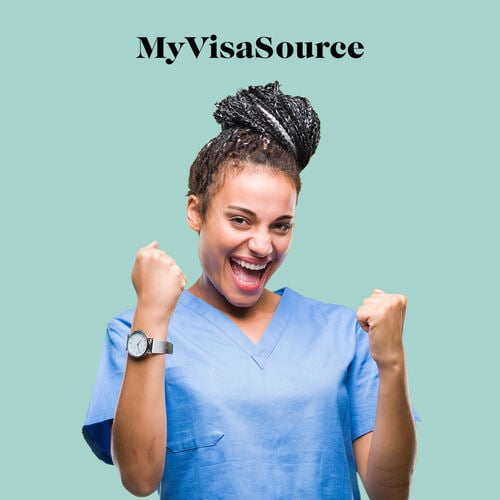What is the 90-Day Rule?
The government body of US Citizenship & Immigration Services (USCIS) uses a 90-day rule to determine whether the applicants misled immigration officials when they were granted the visa or admitted to the country.
Although a pretty basic rule, it can be responsible for getting your Green Card application denied and your current visa revoked.
Some US visa programs like the H-1B Visa or L-1 Visa allow “dual intent”, meaning the applicant is allowed to use that visa program to immigrate to the US permanently. If your visa program allows for “dual intent”, you do not need to worry about the 90-day rule. See our H-1B Visa Business Plan and L-1 Visa Business Plan services.
However, most temporary visas only allow “single intent” meaning that you are only allowed to use the visa to enter the US with nonimmigrant intent and leave after the expiration of their visa.
People holding temporary visas are not allowed to come to the US to immigrate here permanently. Therefore, if they subsequently marry or apply for a Green Card while on a temporary visa, they risk being found misrepresenting their actual intent.
However, what if your intention was genuine? To solve this problem, the USCIS uses the 90-day rule.
The 90-day rule states that a temporary visa holder who marries or applies for a Green Card within 90 days of arriving in the US is presumed to have misrepresented their intentions.
You may be able to convince the USCIS official that your intention was genuine and certain personal or professional changes during the first 90 days have occurred.




